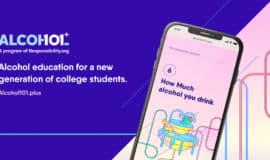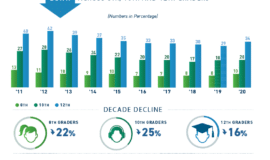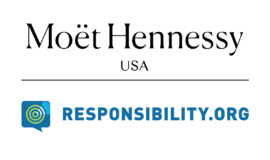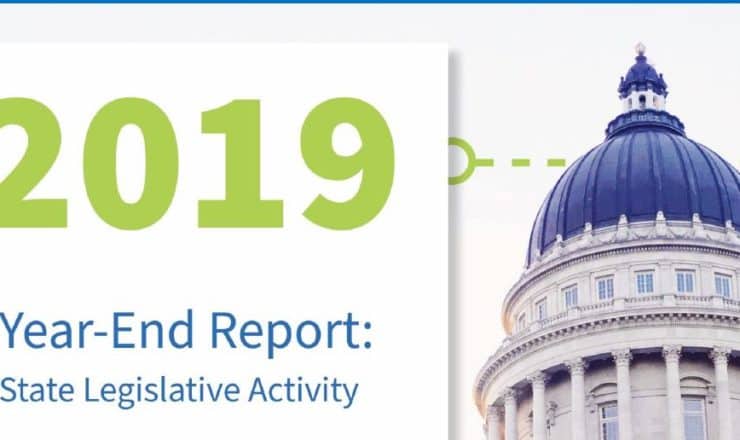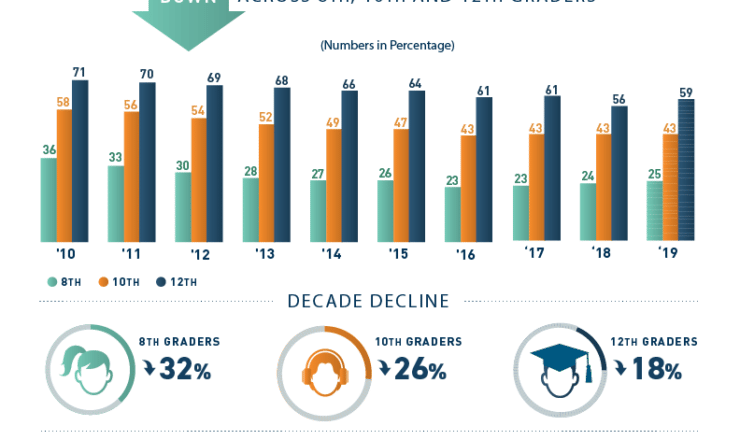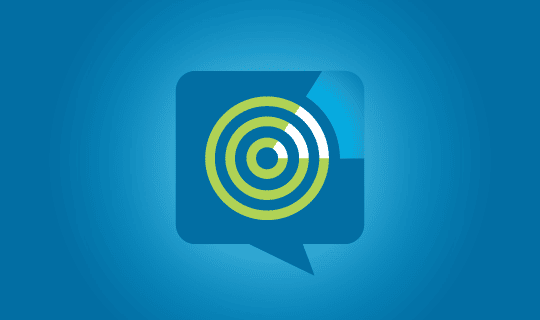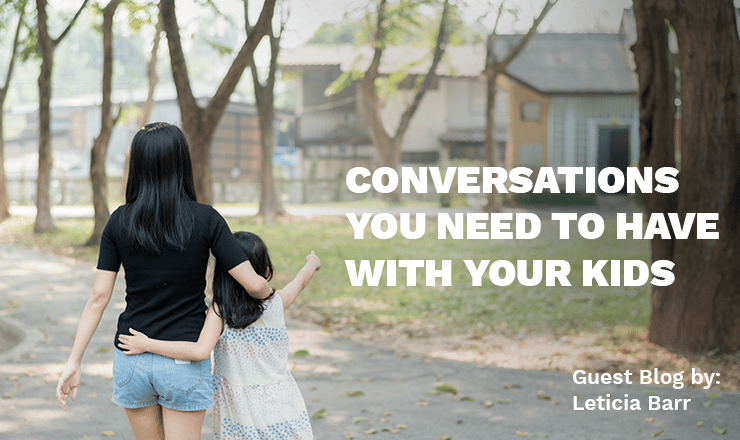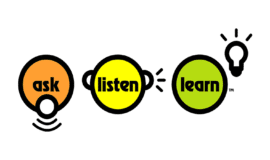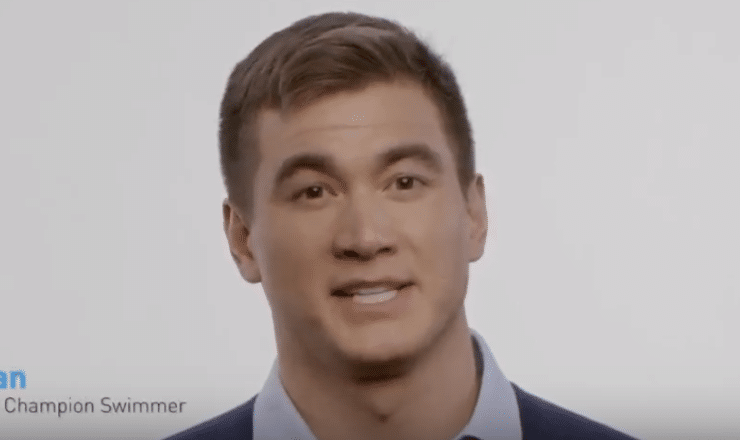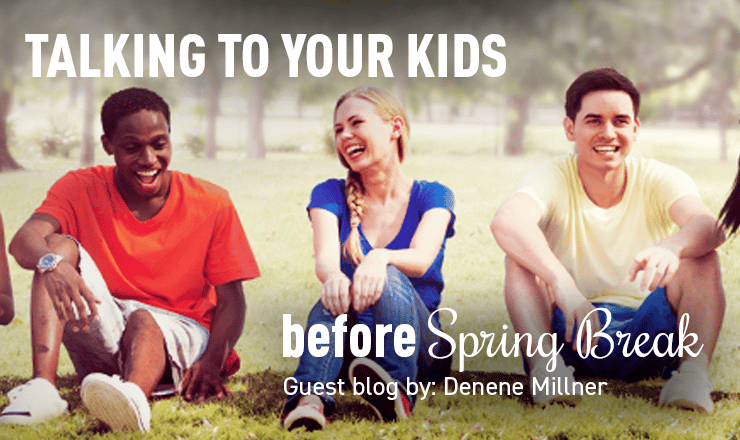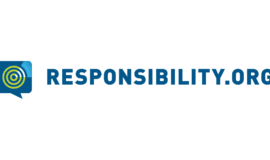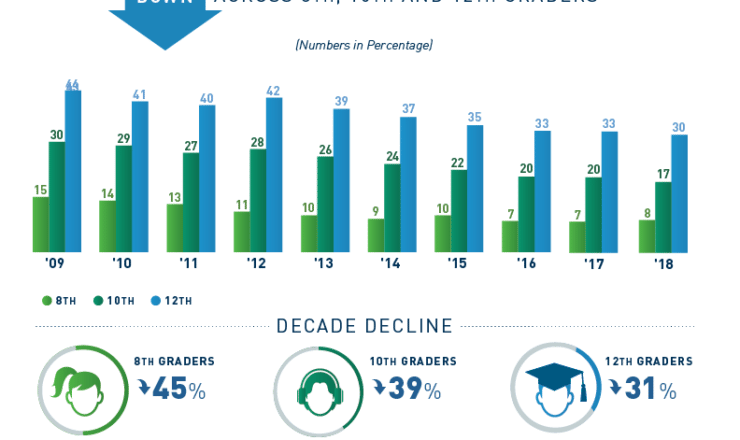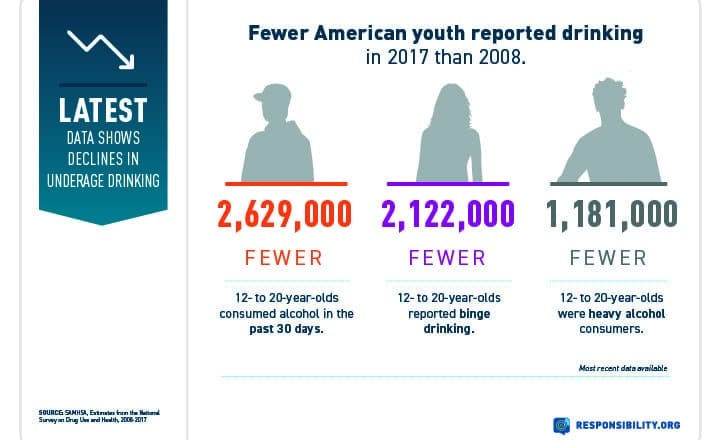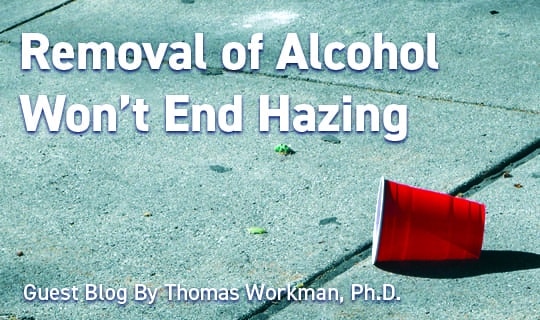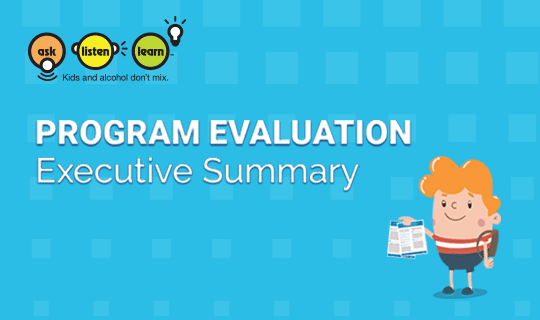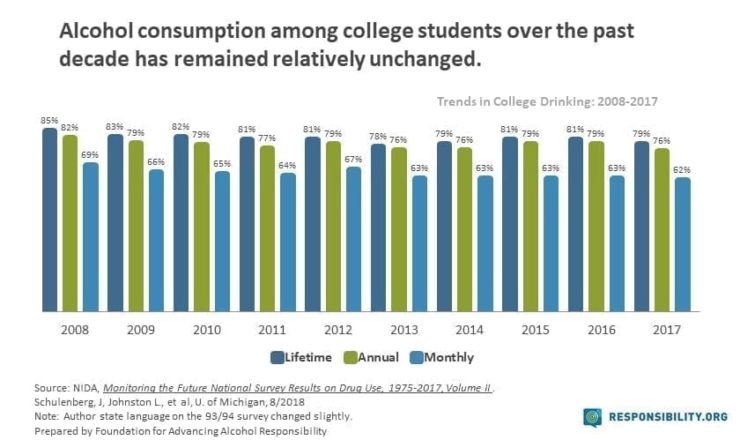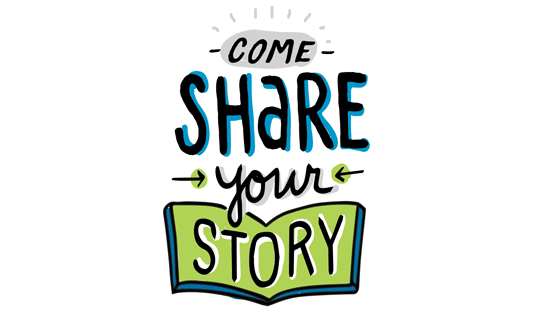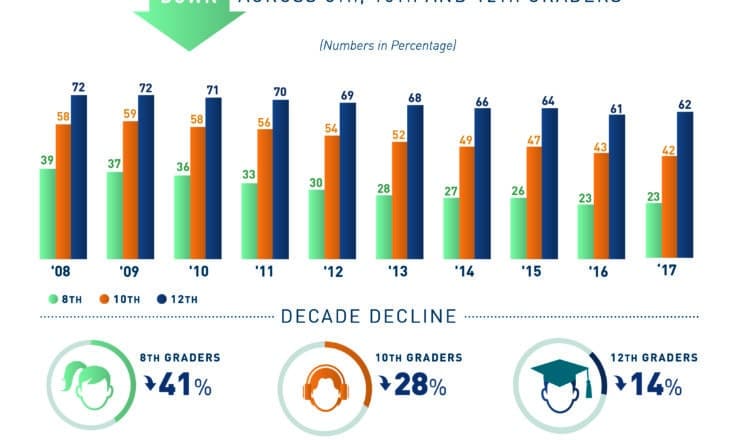A Counselor's Response to '13 Reasons Why'
As a new school counselor in a public high school, having completed my masters program only a year ago, watching 13 Reasons Why felt like a homework assignment from grad school. I thought it was important to see how high school was depicted and the way suicide was portrayed. Upon finishing the series, I felt disturbed by the school's response or lack thereof, angry at the school counselor, sad about students in turmoil, and emboldened to show how school counselors actually operate.
I can tell you from experience that the school counselor acted unprofessionally, and sometimes worse - unethically. He did not seem to have student support in mind; rather, he had the school's best interest in mind masquerading behind efforts to "get to the bottom of what happened." An ethical school counselor notifies parents immediately upon learning that a student has expressed any intention to do harm to self or others, consults with colleagues, and then notifies appropriate school personnel. If they don't, their jobs are in jeopardy; not to mention the grave sense of personal responsibility in the event that something does happen to a student.
We know that conversations between parents and kids are up, and underage drinking is down, but high school students are still depicted in these shows as constantly stealing liquor from their parents, buying illegally from retailers, and sneaking it in to water bottles at school. While we continue to see underage drinking decline, we also know that our work is never finished.If similar acts are happening in reality, schools must respond. There must be widespread awareness campaigns, robust health education, disciplinary measures, and most importantly parental involvement. Parents are the number one influence on their kids’ decision to drink – or not to drink. It is crucial that educators work directly with parents and caregivers to create an ongoing conversation within the community, not only about alcohol, but about drugs, mental health, and more
The lack of attention paid to the issue of sexual harassment and assault, and its traumatic effects, was also baffling. If the show decided to depict these acts with such openness, then it had a responsibility to share resources for students or others who have been affected by sexual assault. The way these students suffered at the hands of each other, albeit fiction, is not a wish I have for any human being. I suspect the show intended to raise this flurry of activity. They certainly got me to watch. They got me to think about how to clarify my role in the school building. However, I sincerely wish the show's creators had taken their role in the conversation about alcohol abuse, suicide, mental health, and sexual assault much more seriously. School counselors are on the front lines when it comes to addressing students' mental health needs at school, and we will hear about this show in the near and far future. For help having this conversation, the American School Counselor Association has provided resources to school counselors, parents, and other educators.
Jaime Alvis is a licensed professional school counselor and Responsibility.org's former Director of Educational Programs.
*The views and opinions expressed in this blog are solely those of the author and do not necessarily reflect the views of the Foundation for Advancing Alcohol Responsibility (Responsibility.org) or any Responsibility.org member.*

